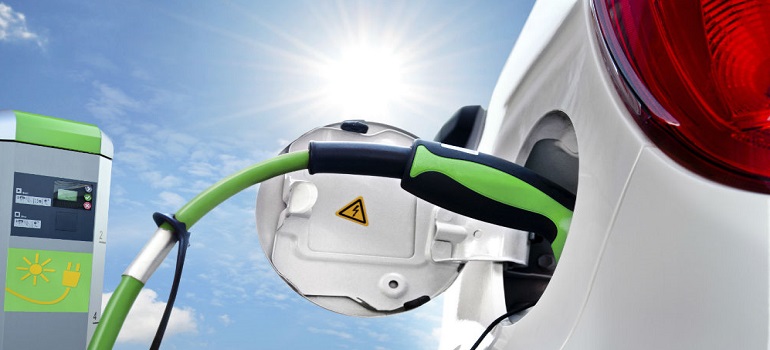
Transparency Market Research in its new report forecasts the global powertrain market to expand at a CAGR of 5.30 per cent during the period of 2014 to 2020.
“In 2013, the global powertrain market was worth around US$365.6 bn and by 2020, the market is projected to be worth US$524.6 billion,” as per the TMR report.
So, what propelled the demand? The report cites that the global powertrain market is driven by the growing demand for environment-friendly vehicles, stringent government regulations, and the technological advancement in powertrain systems to improve fuel efficiency.
A powertrain systems is the heart of any vehicle design that features all of the components that generate power for the vehicle and transmit the same to the wheels, allowing the vehicle to move.
On the basis of component, the global powertrain market is segmented into final drive, differentials, drive shafts, transmission, and engine.
A huge chunk of this demand is driven by the alternative powertrain system. The economic policies of several countries have started embracing electrification and this will give further impetus to the requirement of alternative powertrains, points another TMA research.
“For example, in emerging economies such as India, foreign direct investment (FDI) initiative of the government attracted several foreign automobile brands to foray into the country. This, along with, rising disposable income has lured consumers to own high end models of luxury cars. The Alternative Powertrain market thus receives a boost, indirectly,” it added.
Now, in a bid to capitalise on powertrain business that is currently undergoing the greatest change of all time, many global auto giants have now started coming up with standlone powertrain units.
Recently, Swedish automaker Volvo announced the merger of its internal-combustion-engine operations with Chinese parent company Geely into a stand-alone business.
“The electrification of the automotive industry will be a gradual process, meaning there will be significant ongoing demand for efficient hybrid powertrains alongside fully electric offerings,” Volvo said in a statement.
Similarly, Continental completed the spin-off of its Powertrain division that will now operate under the name Vitesco Technologies.
“Our goal is clean and sustainable mobility. That’s why we make the core of every vehicle – drivetrain – smart and electric. I am very pleased about our new dynamic brand identity. It underlines our clear claim to leadership in clean drives, today and in the future,” said Andreas Wolf, Chief Executive Officer (CEO) of Vitesco Technologies.
Regionwise, Asia Pacific holds potential to emerge as a key one over the forecast period due to the presence of some large automobile manufacturers and emergence of original equipment manufacturers (OEMs) in the region.
“Rapid spur in demand for technologically advanced automobiles also validates notable growth of Alternative Powertrain market in Asia Pacific,” added the report.

